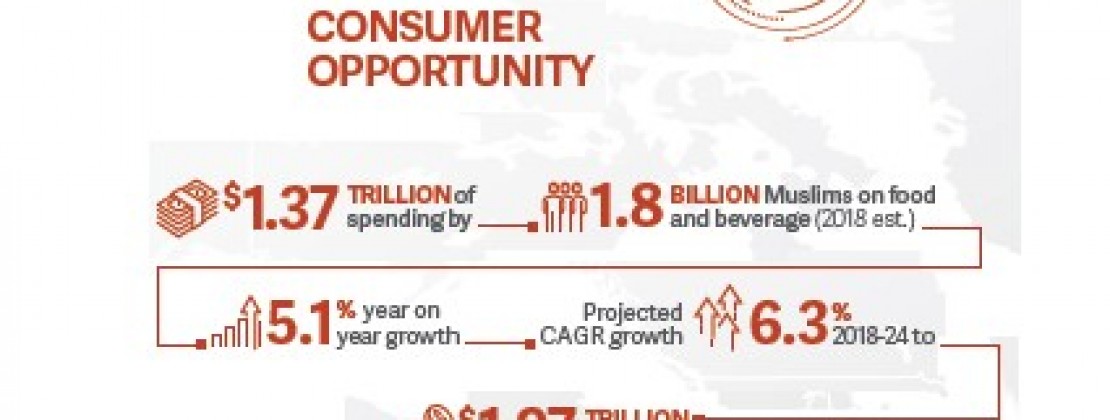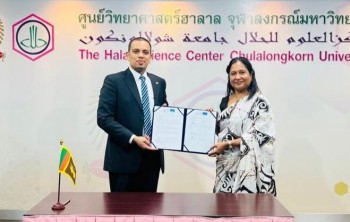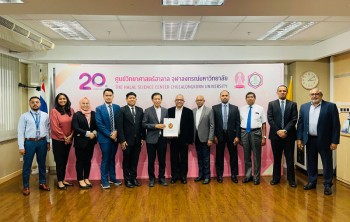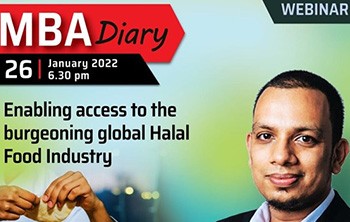News & Events
Halal Food Consumer Opportunity

Halal Food Consumer Opportunity
As the food production chain has changed, Muslims have had to pay heightened attention to labeling of products across the value chain, with concerns spanning non-ritually slaughtered meat to porcine gelatin, additives and colorings.
It was to reassure Muslim consumers, as well as to drive sales, that global candy manufacturers Haribo, Nestlé and Ferrero Rocher acquired halal certification. Such attention to labels and the origins of food products is increasingly apparent among Muslim and non-Muslim consumers alike as they browse store shelves around the world.
The halal food sector is well-positioned to ride the cusp of the labeling and traceability wave. Trust, ethics and traceability are integral to halal food, which needs to not only be permissible, but wholesome, pure and clean. As a result, while more food companies are getting halal certification, they are also being certified as organic as well as touting their ethical commitments.
Global Muslim spend on Food is estimated at $1.37 trillion in 2018, growing at 5.1% from 2017. Spend is forecast to grow by 6.3% per year to reach $2.0 trillion by 2024.
Reference: State of the Global Islamic Economy Report 2019/20, pages 27, 30 & 31





